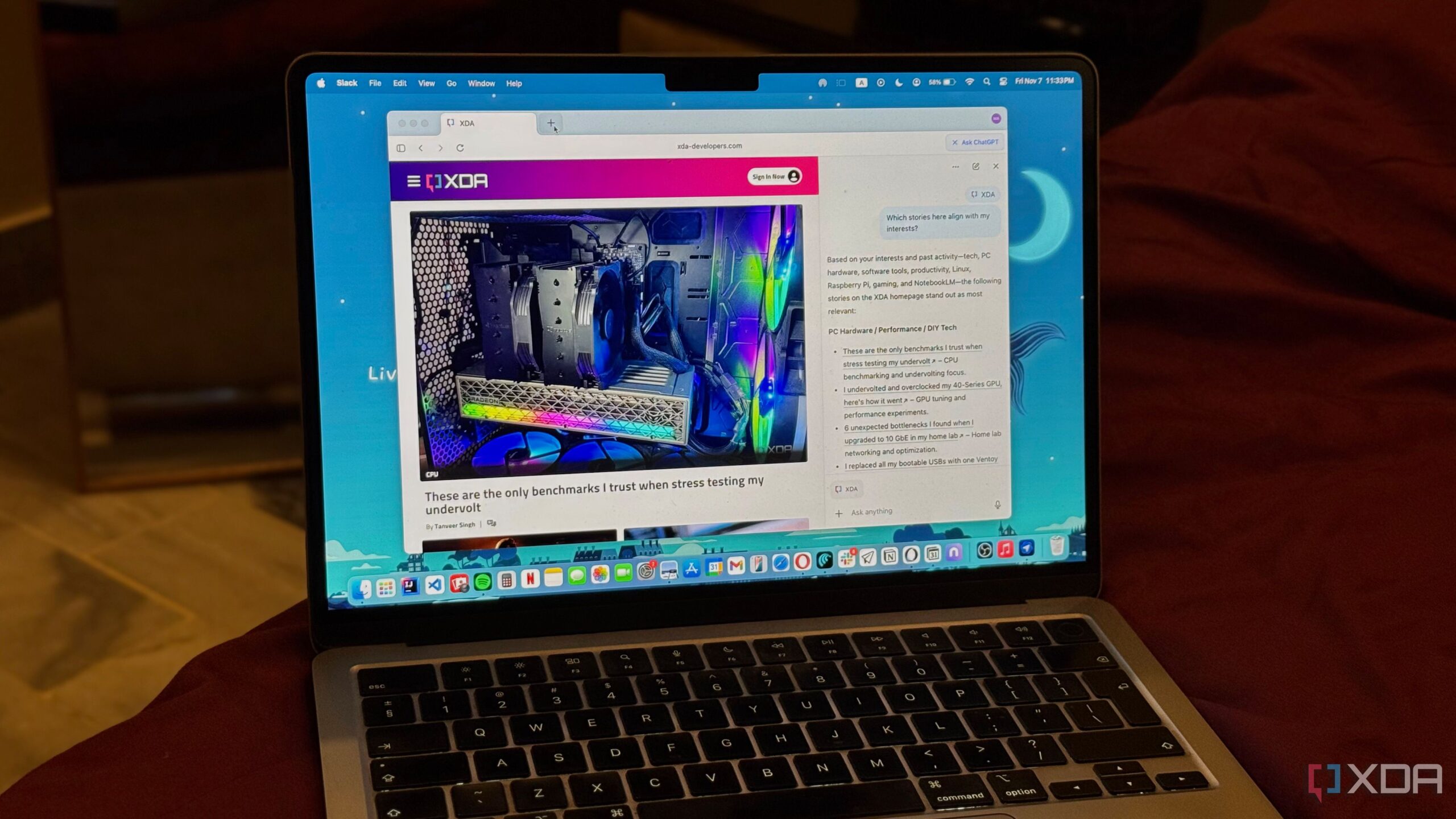UPDATE: The rise of AI browsers is revolutionizing how users interact with the web, making everyday tasks significantly easier and more efficient. As of October 2023, companies like OpenAI, Opera, and Perplexity are leading the charge with innovative features designed to streamline online activities.
AI browsers, including OpenAI’s newly launched Atlas and Opera’s futuristic Neon, are gaining traction for their unique capabilities. Users report that these browsers not only enhance the experience of watching YouTube but also excel in executing complex tasks through Agentic AI, a technology allowing AI to operate independently with minimal human input.
The concept of Agentic AI has transformed AI browsers from mere tools into powerful assistants. By simply entering a prompt in natural language, users can instruct AI agents to handle various tasks, from planning vacations to managing busy email inboxes. For instance, users can specify a vacation budget, and the AI can autonomously search for flights, accommodations, and activities.
This technology is not just theoretical; it is actively being integrated into daily workflows. Users are leveraging AI agents to automate mundane tasks such as summarizing unread emails in Gmail or efficiently managing chaotic calendars. One user reported automating their email inbox summary with a scheduled task in Comet, receiving daily highlights directly in their inbox.
Moreover, the applications of Agentic AI are versatile. Users can set AI agents to automatically place recurring coffee orders or even organize their work schedules without lifting a finger. The flexibility of these tools allows for customization based on individual needs, highlighting the potential to save time and increase productivity in daily routines.
The immediate impact of these developments is clear: AI browsers are not just enhancing browsing experiences; they are fundamentally changing how users approach routine tasks. As new AI-powered browsers continue to emerge, the competition among technology companies to innovate and improve user experience is intensifying.
Experts emphasize that the shift towards Agentic AI in everyday applications marks a significant milestone in AI technology. With features designed for everyday users, these browsers make complex AI capabilities accessible, creating a more efficient digital landscape.
As the demand for AI integration grows, users are encouraged to explore how these tools can be incorporated into their lives. The future of browsing is here, and it promises to automate, simplify, and enhance daily tasks in ways we are only beginning to understand.
In summary, the launch of AI browsers like Atlas and Neon is not just a technological advancement; it is a transformative shift that makes complex tasks manageable and allows users to focus on what truly matters. With ongoing developments in AI browser capabilities, the digital world is evolving rapidly, and users should prepare for a future where AI is an integral part of daily life.
Stay tuned for more updates as this space continues to evolve!
